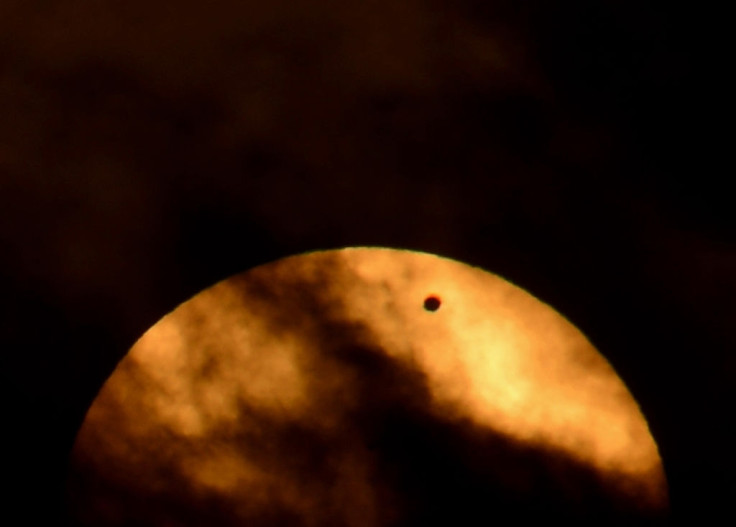Venus could have had oceans around 700 million years ago
New research revealed Venus may once have had enough cloud cover to support an ocean on its surface.

A new research from a group of planetary scientists at the Université de Versailles Saint-Quentin-en-Yvelines, France, has suggested that Earth's neighbouring planet, Venus, could have had life supporting elements, including a thin ocean, during its early days.
The group ran a series of computer simulations using different parameters to figure out how a rocky Venus would have evolved after its formation. This involved recreating conditions revealing how the planet's molten surface would have interacted with its developing atmosphere and incoming heat from the young Sun.
Their findings - published in Journal of Geophysical Research: Planets - revealed that Earth's sister planet, which is now hellish hot with temperatures rising over hundreds of degrees, may once have formed enough cloud cover to support an ocean on its surface.
The new work builds on a previous study that suggested Venus' slow rotation – one day there equalling to about a third of a year on Earth – would have led to the formation of a continual cloud cover on the planet, keeping its temperatures to 15° Celsius, as recently as 715 million years ago. Those conditions combined with carbon dioxide, heat from the Sun, and estimated water on the planet, would have led to the formation of a shallow ocean.
"With carbon dioxide similar to current levels, early Venus would need only 10 percent of the mass of water in Earth's oceans to form its own watery surface," Science News noted. "Changing the reflectiveness of the clouds and a few other factors shows Venus would need, at most, 30 percent of the mass of water in Earth's ocean to form its own ocean".
The findings could also help scientists in their search for habitable planets in our galaxy. "This work plays into a much bigger puzzle of understanding the habitability of exoplanets," said Michael Way, an astrophysicist at the NASA Goddard Institute for Space Studies who was not involved in the study.
All told, it's important to note that the new research merely suggests oceans could have existed on our planetary neighbour's surface and does not actually confirm the theory. Currently, there is no hard evidence to prove the existence of life supporting elements on ancient Venus, as it is difficult to send a spacecraft to its surface, which is burning at 460° Celsius.
© Copyright IBTimes 2024. All rights reserved.





